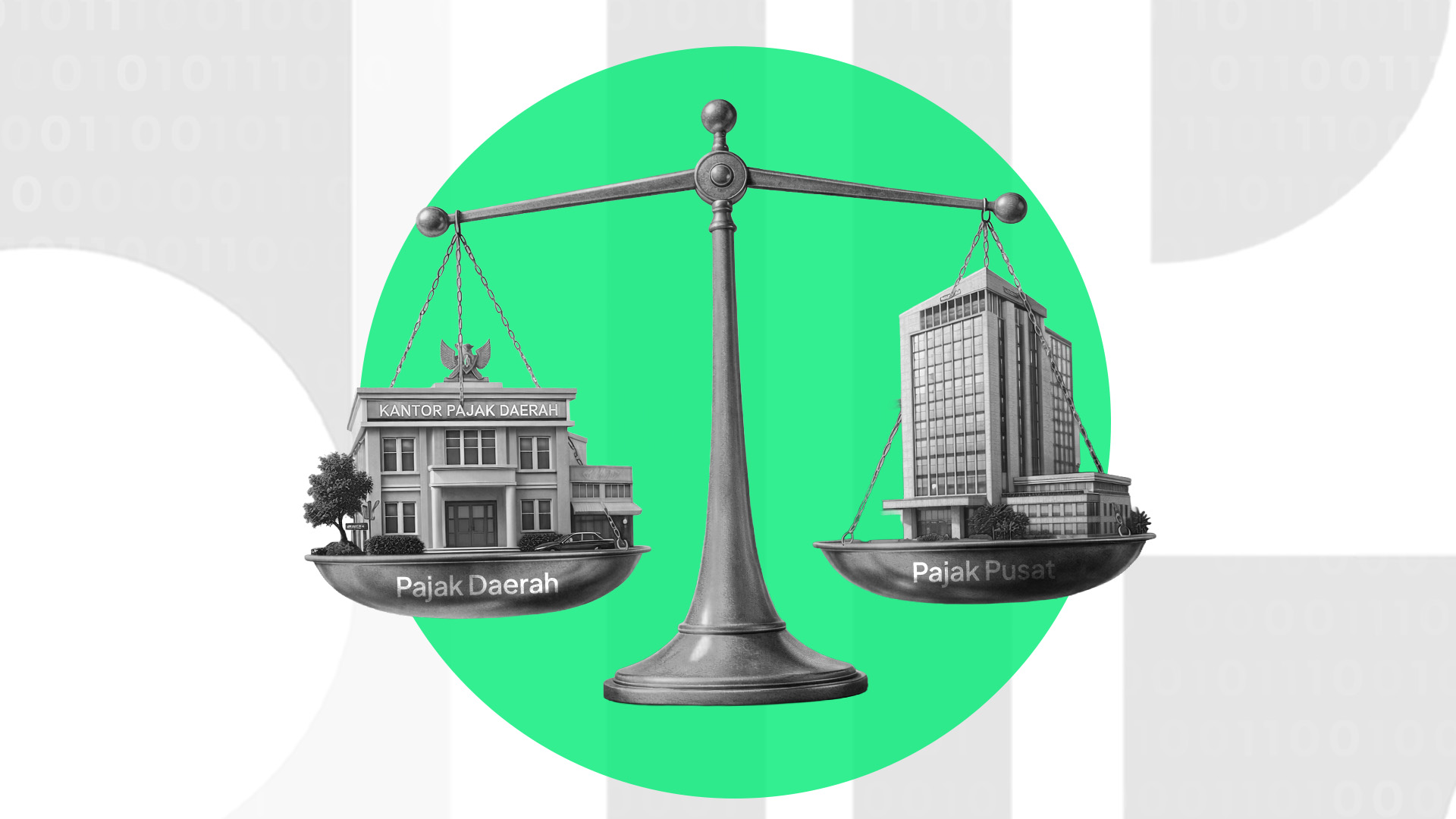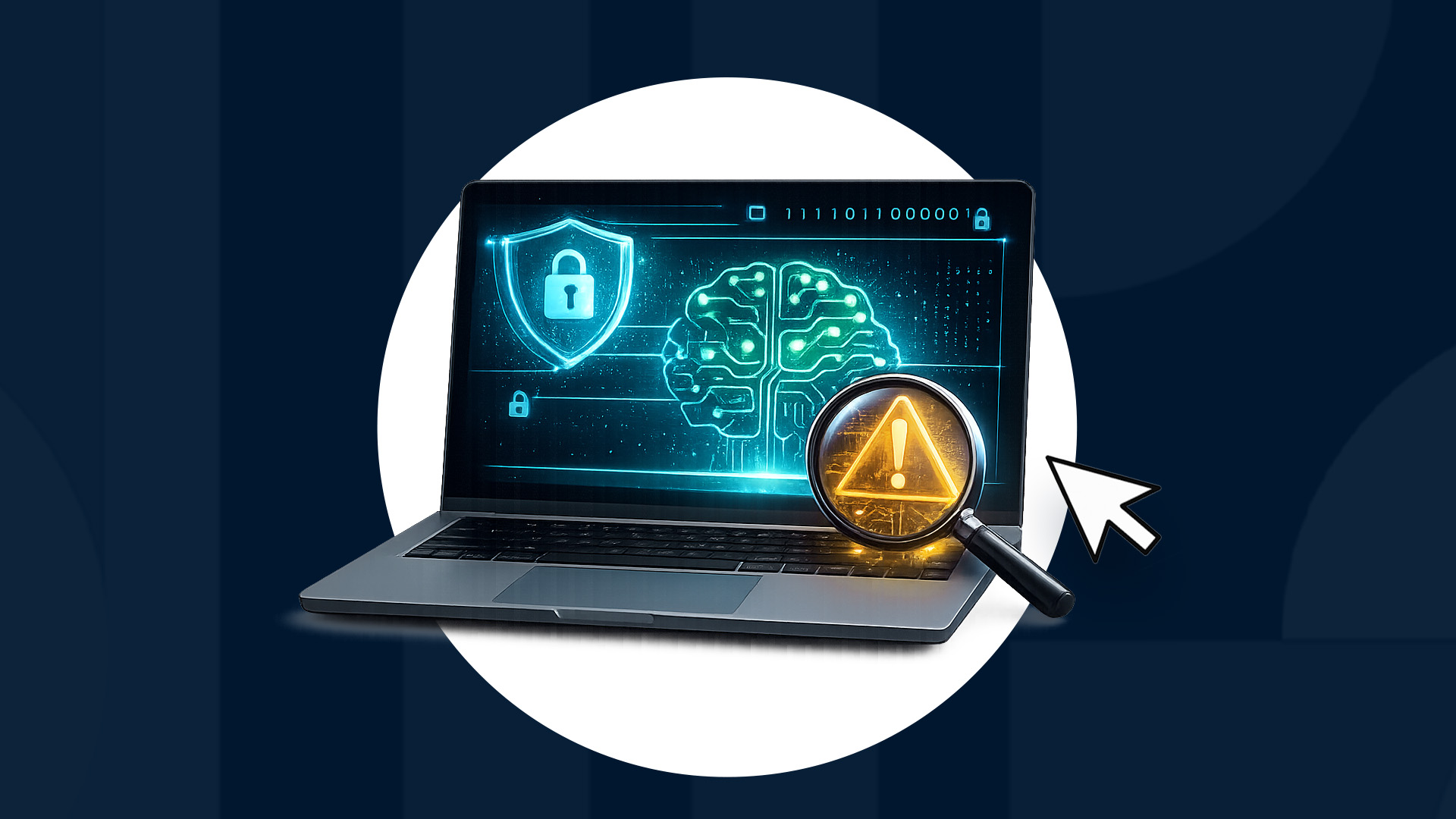Many digital technologies are now part of our daily lives, one of which is digital business. In a world connected by the internet, digital business is an ideal choice for starting a venture. Digital business offers various opportunities that are not limited by geographical location or operational hours.
This article will discuss the definition of digital business, its advantages and disadvantages, examples, and the challenges it faces.
Definition and Examples of Digital Business
Digital business is a type of enterprise that uses digital technology and the internet to provide products or services to customers. Unlike traditional businesses that rely on physical locations and direct interactions, digital businesses operate online and can be accessed by customers anywhere and anytime. Digital business spans various sectors, such as e-commerce, digital financial services, digital marketing, online education, and more.
-
E-commerce
This digital business platform provides a space for sellers and buyers to conduct transactions online. Sellers do not need to open physical stores to sell their products; they can simply use an e-commerce platform.
-
Streaming Services
This type of digital business offers entertainment content like movies, series, and music digitally. Users can purchase the desired content and pay for it digitally.
-
Digital Financial Services
Since they provide transaction services, these digital businesses are often linked to other digital businesses like e-commerce or streaming services.
-
Online Education
Education has become a promising digital business. It can reach a wide audience and is not bound by time or place, making it accessible at any time.
-
Digital Marketing
Creative agencies, advertising, or digital marketing agencies are examples of businesses that leverage digital technology without boundaries. Digital agencies work by helping other businesses use the internet to increase brand awareness and sales.
-
Mobile Applications
Digital businesses that develop mobile apps work to solve problems or provide specific services for a company. Examples include travel apps, financial management apps, or educational apps.
-
Social Media
Social media is one of the most influential digital businesses for online interaction. It is also beneficial for brands or companies that want to build and manage branding on social media platforms. Examples include Facebook, Instagram, or Twitter/X, which provide platforms for interaction, content sharing, and advertising.
Advantages and Disadvantages of Digital Business
Advantages of Digital Business
- Wide Reach: Digital businesses can reach customers worldwide without geographical limitations.
- Low Operational Costs: Digital businesses generally have lower operational costs than conventional businesses because they do not require physical rental spaces.
- Time Flexibility: Customers can access services or products at any time, providing greater flexibility for both businesses and customers.
- High Scalability: Digital businesses can easily scale up, thanks to the ease of scalability with digital technology.
- Data Analytics: Businesses that are fully digital have access to various data analysis tools that can help understand customer behavior and improve marketing strategies.
Disadvantages of Digital Business
- Dependence on Technology: Technical issues or network disruptions can hinder the operations of a digital business.
- Security and Privacy: Cybersecurity threats and the protection of personal data are major challenges in digital business.
- Intense Competition: The digital market is highly competitive as many people race to create digital businesses with ease.
- Lack of Direct Interaction: The lack of face-to-face interaction can reduce trust and personal relationships with customers.
Challenges of Digital Business
Due to its digital nature and openness to anyone, digital businesses are vulnerable to technological and security challenges. Here are the challenges digital businesses face:
-
Cyber Attacks
Digital businesses are vulnerable to various types of cyberattacks such as malware, ransomware, phishing, and hacking. These attacks can lead to significant financial losses, reputational damage, and loss of customer trust.
-
Data Breaches
Insecure data storage and transmission can result in customer data breaches. This not only harms customers but can also result in lawsuits and hefty fines for companies.
-
Regulatory Compliance
Digital businesses must comply with various regulations related to data privacy, such as GDPR in Europe or the Personal Data Protection Act (UU PDP) in Indonesia. Compliance requires investment in advanced security systems and strict monitoring.
-
Adoption of New Technologies
Integrating new technologies into business operations requires significant time and resource investment. Companies must ensure that the new technology functions well and does not disrupt existing operations.
-
Implementation Costs
Adopting advanced technology often requires high costs. Businesses must ensure that this investment provides significant added value to justify the costs.
-
Competition in the Digital World
A key challenge for digital businesses is innovating to remain relevant and attractive to customers. This challenge requires a deep understanding of the market and customer needs. Customer preferences and behaviors can change rapidly, so businesses must be able to quickly adapt to these changes to stay competitive.
-
Pricing Strategies
In a competitive market, price wars are often unavoidable. Businesses must find ways to offer added value without sacrificing profit margins.
-
Efficient Data Management
As digital businesses grow, the amount of customer data and other data collected will increase. Digital business operators must ensure that the data collected is accurate and of high quality to make effective decisions. Additionally, businesses must have the capability to process large amounts of data quickly and efficiently.
The Role of Digital Identity in Digital Business
Digital identity is electronic information used to represent a person in the digital world. This identity includes various personal data such as names, email addresses, phone numbers, and biometric information. In digital business, digital identity plays a crucial role in user verification and authentication, ensuring that only authorized individuals can access services or products.
Digital identity can enhance application security, operational efficiency, regulatory compliance, and a better user experience.
What are the implementations of digital identity in digital business?
- Biometric Verification and Authentication: Using biometric data such as fingerprints, facial recognition, or iris scans to ensure user identity.
- Digital Signatures: Using digital signatures for document authentication and online transactions.
- Two-Factor Authentication (2FA): Combining something the user knows (like a password) with something the user has (like an OTP code) for added security.
- Data Encryption: Securing personal data with encryption to prevent unauthorized access.
When done seriously, digital business is a promising opportunity. However, digital business requires data security, technological advancement, regulatory compliance, and robust transformation.
Building a digital business requires digital identity and digital signatures to address various challenges. A good digital business is not only about transactions but also about security.

.png)

.jpeg)
